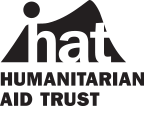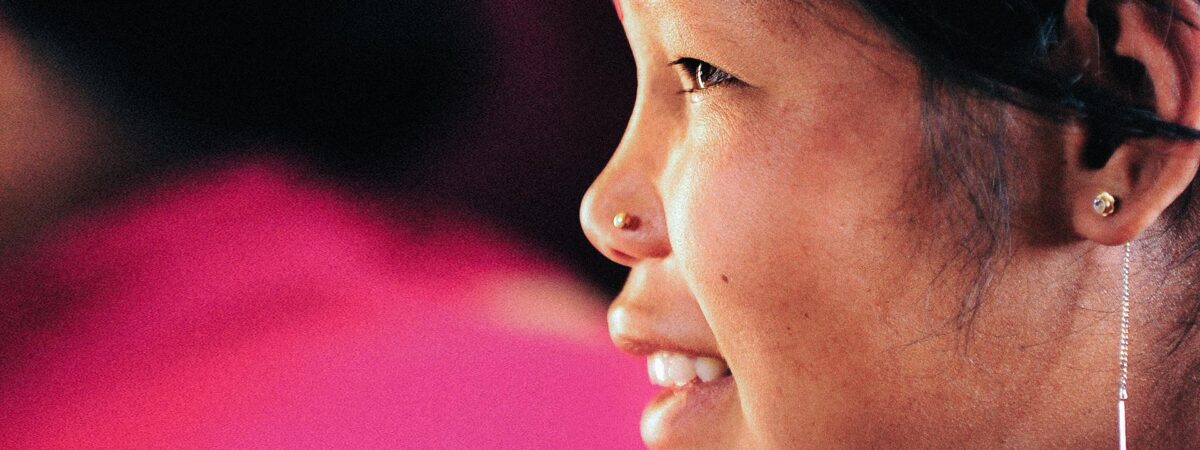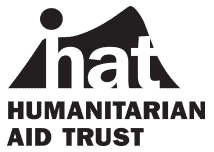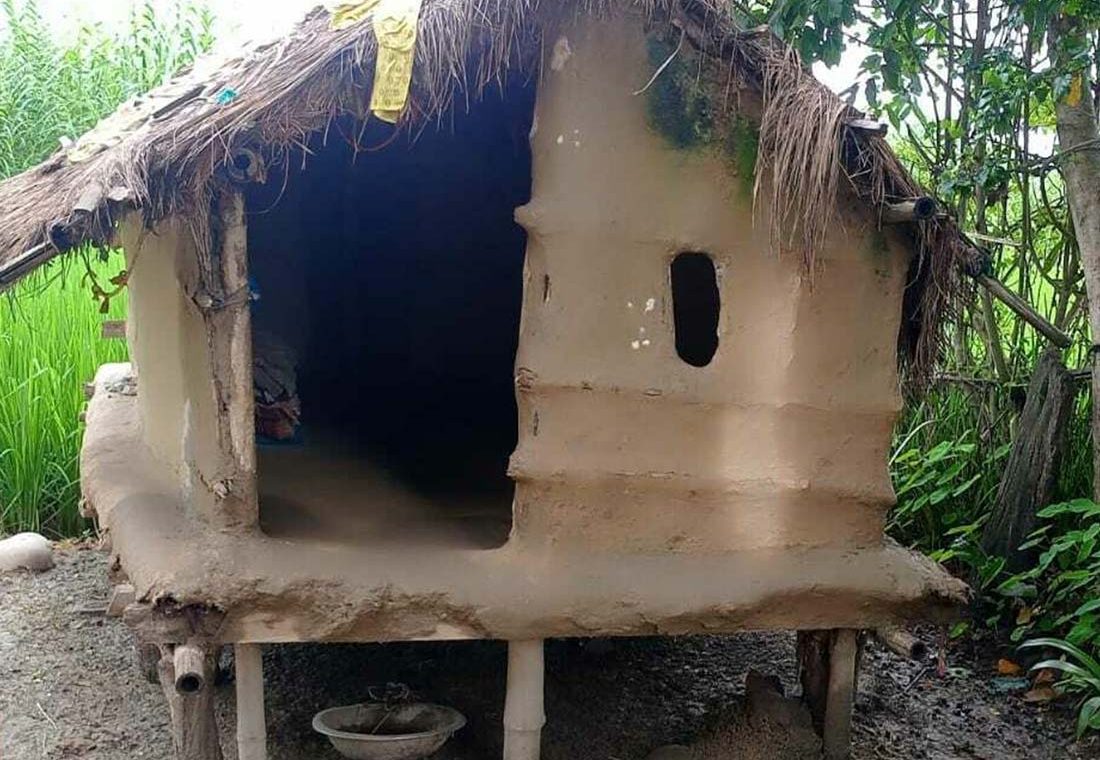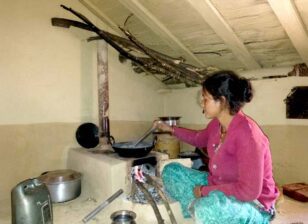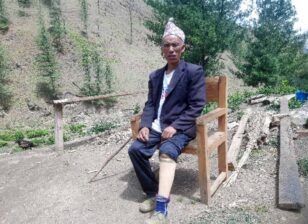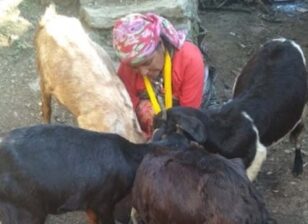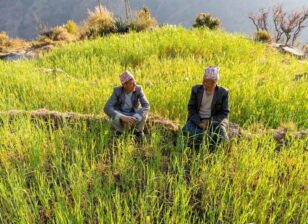Young People Unite Against Chhaupadi
16-year-old Bhita Chand was sleeping alone in a ‘period hut’ when she was bitten by a snake. Isolated from her family and community during menstruation in an ancient practice known as chhaupadi, there was no one to help. She died alone.
Bhita isn’t the first young woman to die during menstrual isolation. Chhaupadi, which has its roots in religious traditions, excludes women and girls from all contact with their families and community while they menstruate. They are considered ‘untouchable’ and are permitted no contact with food, religious icons, animals, or other people. During their isolation, the women are confined to small ‘period huts’ on the fringes of their village, which have no heating, electricity, or lighting.
After decades of campaigning, the practise is now illegal, but there’s little appetite for enforcement by police.
“We try and tell our parents that this isn’t the right way,” says Bibhu, one of the young women who takes part in leadership mentoring with our partner Welfare Association for Children, Tikapur (WACT). “But it’s very hard because they say that this is something our communities have practised for a long time.”
Bibhu and other young leaders want to end the practise once and for all. With the support and encouragement of the team at WACT, they raise awareness of the rights of children and young people through street dramas and discussion at their high school; they have engaged parents in education sessions in their homes.
“When this happens to us, we can’t do our school lessons,” Bibhu explains. “There’s no electricity to do lessons at night. We have to wait for other people to bring us food and water. We can be in isolation for a week if our menstruation is long.”
Both the young men and women of Bibhu’s group are united in their desire to see the practise ended. “No one should be treated this way,” says 16 year old Sunam. “We are determined to put an end to chhaupadi and we are thankful to our team leaders for giving us support to speak up.”
